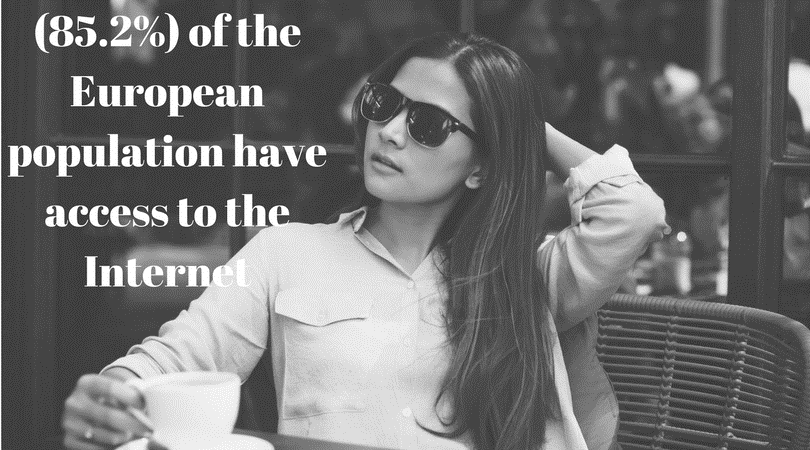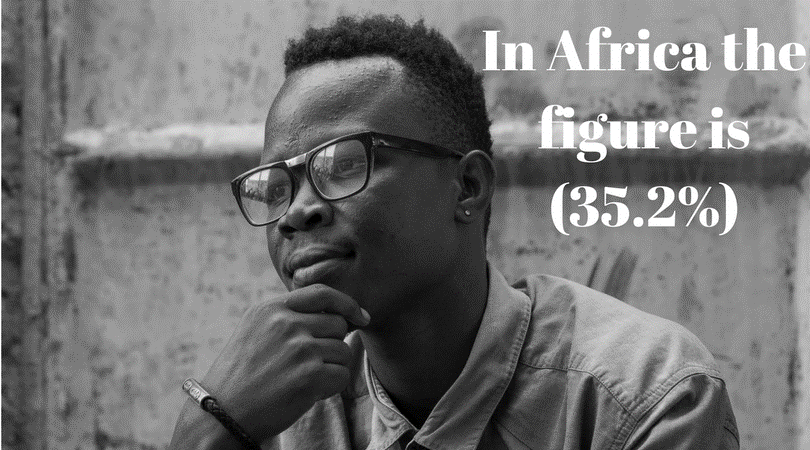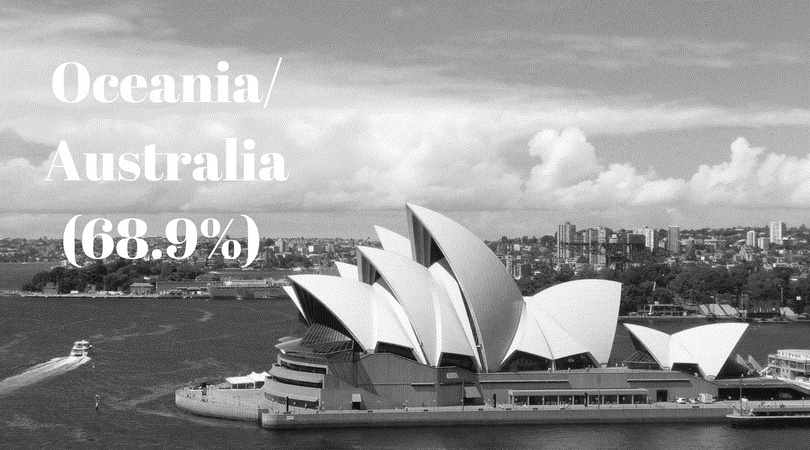A Smooth sea Never made a Skilful Sailor
Navigating the Digital Landscape
The availability of wireless mobile devices and the migration from traditional product-based business models to service business models. Is the result of the on-going transformation of the global economy from an analogue to digital economy.
What is unique, about this transformation is that whilst the industrial revolution. Was concentrated in western countries, prior to slowly expanding across the globe.
The digital transformation of industry sectors, goods and services, is occurring simultaneously. To a greater or lesser degree across the world. Consider Internet penetration across the globe.
In Europe as of December 31st, 2017. the figure was (85.2%); Asia (48.1%); Africa (35.2%); Latin American/ Caribbean (67.0%); Middle East (64.5%); North America (95.0%); and Oceania & Australia (68.9%)
These changes are due to the emergence of the 3rd stage in the evolution of the Internet, Web 3.0. According to Cisco technologies is the result of the convergence and the maturation of a variety of technologies;
Ubiquitous connectivity: broadband, mobile internet access and mobile devices
Network Computing: that is Software-as-a- Service, Platform-as- a-Service and Infrastructure-as-a-Service
Open Technologies: Open source software platforms
Open Identity: Portable identity and personal data, essentially the ability to port your user account, data, search history from one service to another
Intelligent Web: Machine to machine communication, learning, reasoning, and autonomous agents
The Impact of Wireless Technologies, on Developed & Developing Economies
Is a shift, away from the derivation of competitive advantage. From the efficient deployment of tangible assets, such as inventory, property and plant equipment. To intangible assets, such as;
* Software, systems and data
* Innovative product and services
* High quality and responsive operational processes
* The skills and knowledge of the workforce
* Developing a company culture that encourages innovation, problem solving and process improvement
Futhermore, in the future the most effective strategies, may be those that are responsible for the creation of value from intangible assets.
You only need to consider the rise of organisations, such as UBER, and AirBNB. These organisations are distrupting the transportation and hotel industries.
Through the creation of online marketplaces, that exploit latent underutilised capacity within cities. Through the sharing economy.
This phenomenon would not have been possible without the internet, the maturation of mobile technologies and the favourable, business economics associated with the migration of business models online.
Neither Uber nor Airbnb, own the cars or homes advertised on their respective marketplaces. However, they, deliver value through, the creation of a centralised hub.
Where aggregated buy-side and sell-side actors can transact online. Reducing the transaction costs associated, with sourcing taxis or accommodation whilst on holiday.











